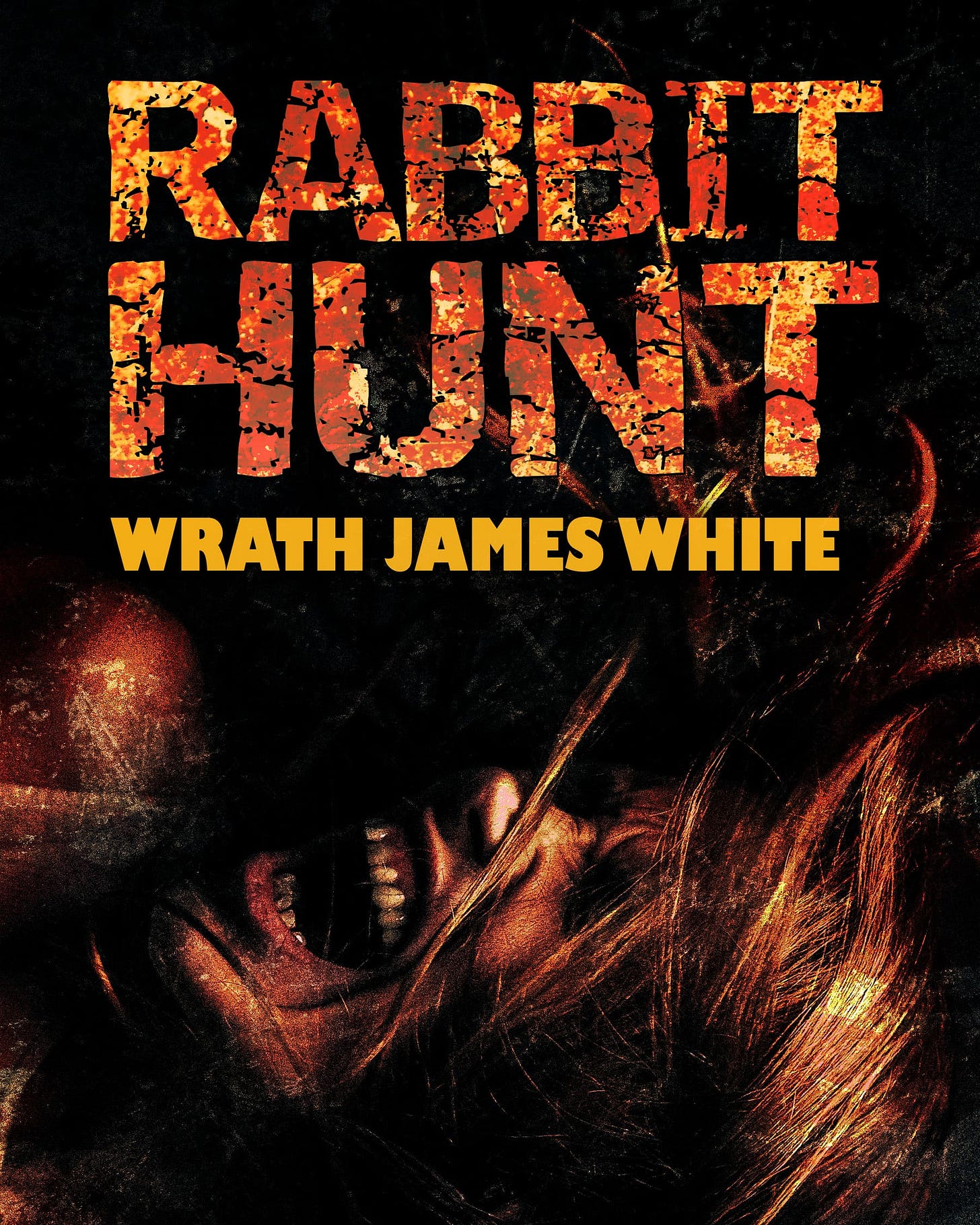No one is above villainy.
I grew up in the 70s, 80s, and 90s when Black men in movies were constantly being portrayed as villains, thieves, pimps, murderers, and drug dealers. In the 90s, even as we celebrated the rebirth of Black cinema and the rise of Black filmmakers, we had to contend with the very real sociopolitical minefield Black antagonists represented.
The 90s represented a new Renaissance for Black film. Gangster movies like Menace 2 Society, Juice, Boys N The Hood, and Dead Presidents dominated the box office and were our primary representation in the entertainment industry. Black folks were being villainized in movies, in rap music, and even in speeches by then President Bill Clinton and Hillary Clinton. It was a weird time to be Black. When Nino Brown in New Jack City was brutalized by a police officer played by Ice-T, (because he was a murderer and drug dealer so he deserved it, we were told) the audience cheered. When shows like Fresh Prince of Bel Air and Martin portrayed us as clowns and buffoons, we laughed. When gangsta rappers made the world nod their heads to songs about Black men killing other Black men, we danced.
In music, television, and movies, Black culture hadn't had this much media representation ever before in history, but we were being misrepresented. We were telling the world that we were all dangerous criminals. If The Cosby
Show had given the world a new wholesome image of Black Americans as hardworking, successful, family-oriented people, gangsta rap and gangsta movies dashed that image with a shotgun blast.
In a February 2021 article by Nathaniel Bremmer-Beller titled “Black Villains: The Complicated Pleasures of Doing The Wrong Things” he wrote:
“In our cities, on our streets, and in society, the vilification of Black people, and of Blackness, is one of the most backward, violent, and deadly scourges on modern life. Police officers and other people in power regularly describing innocent Black people as “demons,” “animals,” “beasts,” “predators,” etc. encourages white fear, white fragility, and anti-Black narratives.”
All of this weighed heavy upon my mind when writing Rabbit Hunt, and my decision to make the story's antagonists Black militants (in words if not in deeds.) It also weighed on my decision to give Rabbit Hunt an uncharacteristic comedic edge. I describe Rabbit Hunt as what would happen if Dave Chappelle wrote extreme horror, but that also made me think about why Dave Chappelle abandoned The Chappelle Show, stating that he realized people were laughing at him, not with him. Would my portrayal of these villains, as Nathaniel Bremmer-Beller feared, encourage white fear, white fragility, and anti-Black narratives? Is it culturally and politically irresponsible to potentially perpetuate the “Super Predator” stereotype? Was it fair that I even had to consider all of this? Why can't I just be free to tell a gruesome and hilarious story with characters that look like me, that I can relate to, without debating the sociopolitical ramifications of it? Does fairness have anything at all to do with it?
We have campaigned hard in the last 30 years to raise awareness and sensitivity toward the issues facing historically disenfranchised and oppressed groups. We have asked straight white men to consider what they say, write, or do and how that might affect others. Why should I be free of this same scrutiny? So, I took a long hard look at what I wrote.
The villains in Rabbit Hunt are Black, but they are not representative of all Black people. Each one of them is a unique character. The Black Nationalist and wannabe revolutionary rhetoric they spew is scrutinized on nearly every page and even ridiculed in spots, but the salient points are allowed to percolate in the minds of the reader for them to draw their own conclusions. The individuality of each Black character, from the monstrous and violent Big Mike to the would-be-hero, should be an antidote to the idea that the book encourages negative stereotypes. I am of the opinion that, if you read this book and come away from it believing all Black people are murderous psychopaths, you were already inclined toward that opinion.
Rabbit Hunt is a fun, gruesome, gory, uber-violent little romp meant to entertain. If it has anything to say about Black people as a whole, it has more to say about humanity as a whole, that hate begets more hate. In that way, this depraved, bloodsoaked, gorefest of a book, is about peace and love. You’re welcome.




